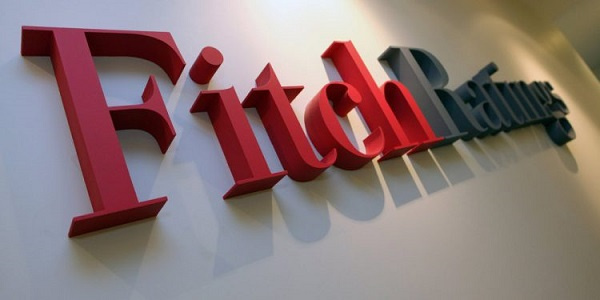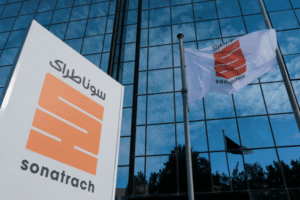The vast majority of Ghanaian banks are on track to be capital-compliant once regulatory forbearance relating to the treatment of Ghana’s domestic default expires at the end of 2025.
According to Fitch Ratings, this is due to strong profits, low risk-weighted asset growth and, in some cases, capital injections.
“Ghana’s domestic debt exchange programme (DDEP), which was launched in December 2022 and concluded in 2023, imposed large losses on the banking sector and had a significant impact on banks’ capitalisation given their high exposure to sovereign fixed-income securities. In response, the Bank of Ghana eliminated the capital conservation buffer of 3%, which reduced the minimum total capital adequacy ratio requirement to 10% from 13%”, the UK-based firm said.
“It also allowed banks to phase in losses relating to cedi government bonds into their regulatory capital evenly over four years, starting from end-2022. Cedi-denominated government bonds accounted for the bulk of the debt subject to the DDEP”, it added.
Explaining further, Fitch said the favourable treatment of losses on cedi government bonds has enabled the vast majority of Ghanaian banks to remain capital-compliant and helped preserve confidence in the banking sector.
To this end, it alluded that no forbearance was granted in respect of losses on other bonds subject to the DDEP, or Ghana’s Eurobonds, which were restructured in October 2024, given banks’ relatively low exposure to these instruments.
Banking sector’s capitalisation recovers considerably
Meanwhile, Fitch says the banking sector’s capitalisation has recovered considerably since the DDEP. It estimates that the sector’s tangible common equity/tangible assets ratio improved to 10.3% at the end of quarter one 2025, from 7.4% at end-2022.
According to the rating agency, the recovery has been driven by strong profitability due to high interest rates, and therefore high yields on treasury bills, which were excluded from the DDEP.
It has also been influenced by low credit growth and the more than 40% appreciation of the Ghanaian cedi against the US dollar since end-2024, which has deflated foreign-currency-denominated assets in cedi terms and therefore boosted solvency metrics.














